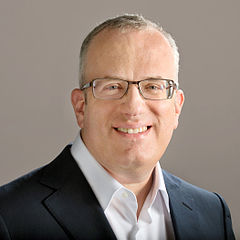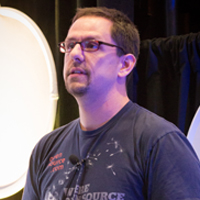After a few months of not hearing much from Microsoft, the company has been in the news a bit recently. First there was the brouhaha when it announced it was offering the .NET framework as open source. Then there were several big security problems with Windows, with one serious vulnerability going all the way back to Windows 95.
Although this would’ve been big news in the old days, the FOSS press has been relatively quiet about all this. There were a few articles about the .NET thing, with some writers pointing out that the MIT license which Redmond is using will offer no patent protection for Redmond owned .NET related patents, and the Windows security issues got next to no FOSS coverage at all.
My how times have changed.
A decade ago the open sourcing of any major program by Microsoft would have FOSS writers in a dither, even if released under the GPL. We would’ve been uber suspicious, certain that this was only the front end of a plan to end Linux and FOSS as we know it. As for the Windows security woes, we’d be rubbing our hands with glee, writing paragraph after paragraph on how much this proves the inferiority of Windows and the superiority of our beloved Linux. In those days, we had to take our good news wherever we could find it.
Christine Hall has been a journalist since 1971. In 2001, she began writing a weekly consumer computer column and started covering Linux and FOSS in 2002 after making the switch to GNU/Linux. Follow her on Twitter: @BrideOfLinux


 I know this is old news and it seems like implementation of the technology in such manner is years away — but I think it’s coming quicker than we think. Some may even think this to be no big deal. After all, what’s wrong with the fuzz having the ability to pick lawbreakers out of downtown pedestrian traffic or while on a jaunt across the parking lot to Office Depot at a local strip mall? Wouldn’t that include the ability to get dangerous violent criminals off the street?
I know this is old news and it seems like implementation of the technology in such manner is years away — but I think it’s coming quicker than we think. Some may even think this to be no big deal. After all, what’s wrong with the fuzz having the ability to pick lawbreakers out of downtown pedestrian traffic or while on a jaunt across the parking lot to Office Depot at a local strip mall? Wouldn’t that include the ability to get dangerous violent criminals off the street?



